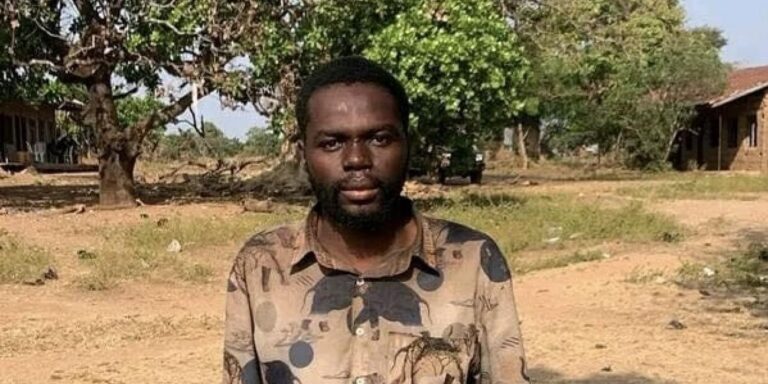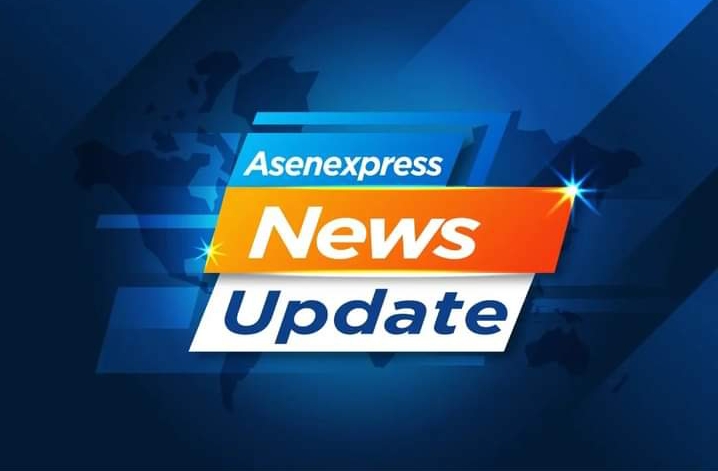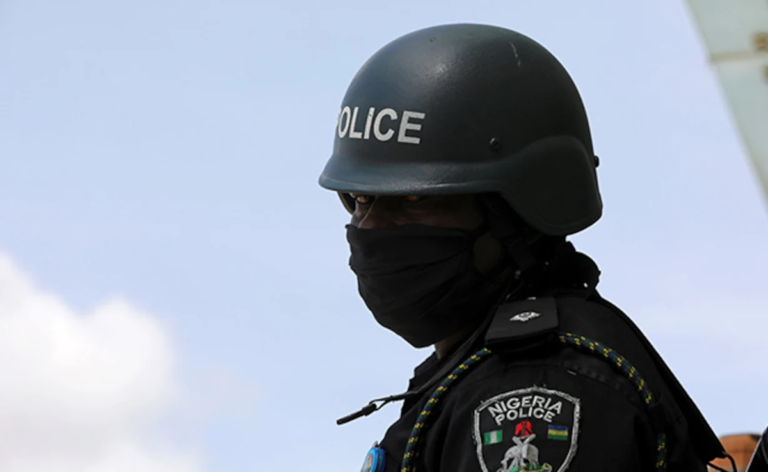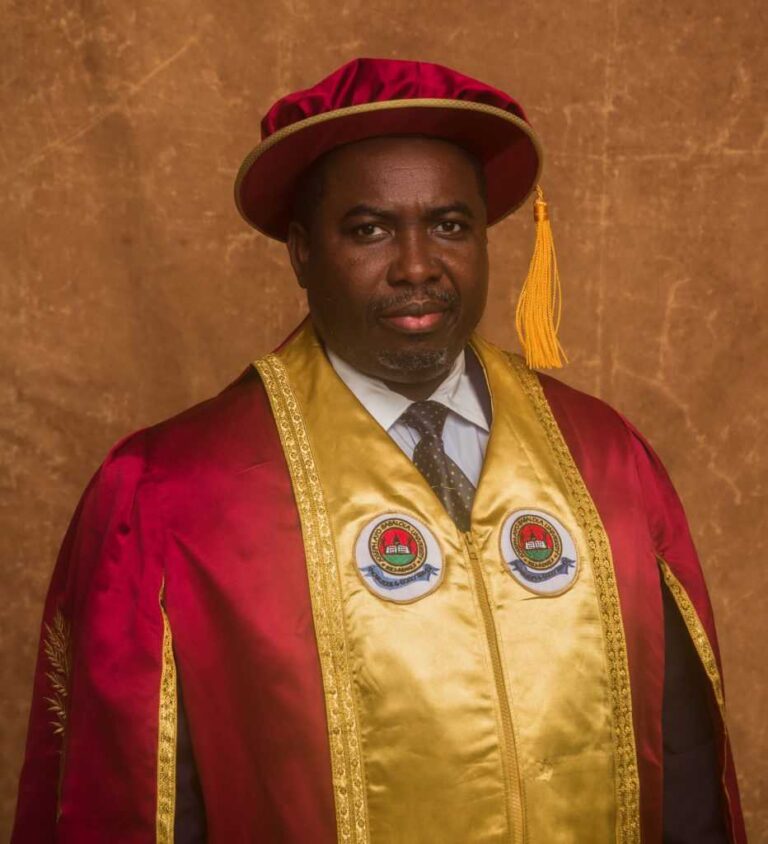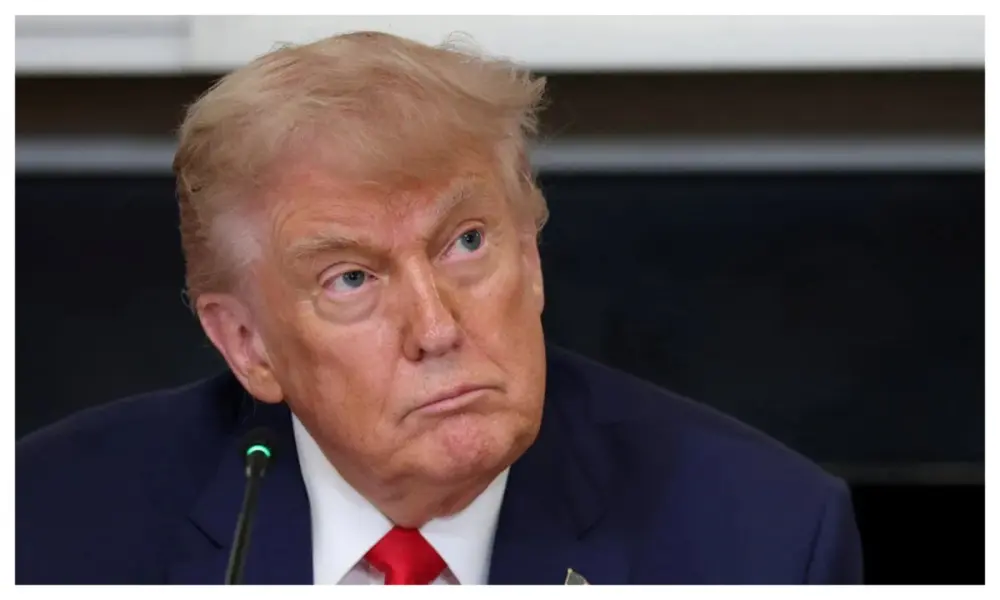
A wave of divergent reactions has erupted across the country following U.S. President Donald Trump’s warning of possible military action in Nigeria.
Former U.S. President Donald Trump, on Friday, placed Nigeria on the list of Countries of Particular Concern (CPC), alleging that Christians in the nation are currently facing what he described as an “existential threat.”
He further urged U.S. lawmakers to launch an inquiry into what he termed the “mass slaughter” of Christians, insisting that the international community must not remain silent in the face of the escalating violence.
Just hours after announcing Nigeria’s designation, former U.S. President Donald Trump warned that he was prepared to deploy American forces to the country “guns blazing” if the government failed to curb what he described as ongoing attacks against Christians by Islamist extremists. According to him, the United States would not hesitate to intervene should the violence persist.
The remarks sparked mixed reactions across Nigeria. While the statement fueled anxiety among many citizens who feared potential foreign military involvement, others welcomed the tough stance, viewing it as a possible step toward ending religious-related killings in the country.
Government officials, Islamic scholars, and supporters of the ruling All Progressives Congress (APC) have strongly dismissed the allegations of genocide, arguing that Nigeria’s worsening insecurity is not targeted at any specific religious group. According to them, President Trump’s decision is driven by political motives rather than genuine concern for Christians in the country.
On the other hand, some Christian groups and concerned stakeholders applauded Trump’s stance, expressing hope that decisive international action could help put an end to the reported attacks on Christian communities.
As of press time, key opposition figures — including those rumored to be strategizing for President Bola Tinubu’s removal in 2027 — have remained tight-lipped on the development.
Findings show that both Peter Obi, the 2023 Labour Party presidential candidate, and his Peoples Democratic Party counterpart, Atiku Abubakar, have made no public statement regarding the situation.
Similarly, former governors Nasir El-Rufai of Kaduna State and Rotimi Amaechi of Rivers State — both previously known for their outspoken stance on national issues — have so far chosen to maintain a notable silence.
A public affairs analyst, Moses Jibila, attributed their silence to political calculations ahead of the 2027 elections.
According to him, the matter is too sensitive for them to openly take a side. “They are being very cautious because this is a highly delicate issue. They know the reality, but personal political interests are keeping them quiet,” he said.
“Take someone like Atiku — he understands that speaking up will put him in a difficult position. If he denies there is a Christian genocide, the Christian community will turn against him at the ballot. But if he supports Trump’s stance, his Muslim supporters will criticize him.”
He can’t openly deny claims of Christian persecution in Nigeria because doing so could cost him support from Christian voters. Yet, if he publicly supports Trump’s position, he risks backlash from his Muslim supporters. Obi and other politicians are in a similar dilemma. At the end of the day, their silence is driven by political self-interest rather than courage or conviction.”
This marks the second time President Trump has placed Nigeria on the list of “Countries of Particular Concern.” Nigeria previously received the designation in 2020, shortly before Trump left office, but the Biden administration later removed the country from the list.
The “Country of Particular Concern” label is a formal classification under the U.S. International Religious Freedom Act (IRFA) of 1998, reserved for nations found to be involved in, or permitting, severe and persistent violations of religious freedom.
President Bola Tinubu is set to hold a meeting with United States President Donald Trump “in the coming days” to discuss the ongoing situation.
According to Daniel Bwala, Tinubu’s Special Adviser on Policy Communication, the engagement is slated to take place either at the Aso Villa or the White House.
Bwala expressed confidence that the allegations of genocide will be thoroughly addressed during the talks, expressing hope that both leaders will reach a mutual resolution on the matter.

